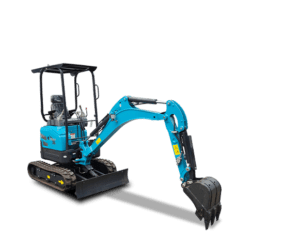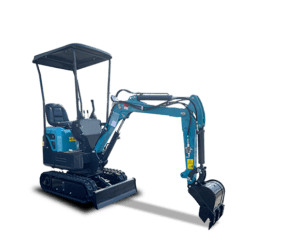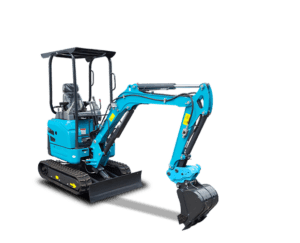Shandong Qilu Industrial Co., Ltd.
Weltweit führender Entwickler und Hersteller von Baggern, Ladern und Ackerschleppern
Produktkategorien von Qilu-Maschinen
Bieten Sie eine vernünftige Lösung
Shandong Qilu Industrial Co., Ltd. ist ein professioneller Hersteller und Exporteur, der die Entwicklung und Produktion von Minibaggern, Ladern und Traktoren integriert. Wir bieten absolut den besten Service.
Vorverkaufsservice
Service nach dem Verkauf
Qualitätskontrolle
Über uns
Qilu-Video abspielen
ODM/OEM/GROSSHANDEL
Produktvideo abspielen
BAGGER / TRAKTOR / LADER
Spezialist in
Bagger / Traktor / Lader
Wir sind ein professioneller Hersteller und Exporteur, der die Entwicklung und Produktion von Baggern, Ladern und Traktoren integriert.
Betriebsvideoanzeige
Auf YouTube haben wir Videos mit Kundenfeedback, Videos verschiedener Bagger-, Traktor- und Ladermodelle. Alle auf YouTube gezeigt.
Empfohlene Informationen
Kleine Traktoren: Große Leistung, kompakte Größe
Entdecken Sie, wie kleine Traktoren auf kleinstem Raum große Leistung bringen. Ideal für Landwirtschaft, Landschaftsbau und mehr.
Kompakttraktoren: Ihr ultimativer Partner für die Landwirtschaft
Entdecken Sie die Leistungsfähigkeit von Kompakttraktoren für Landwirtschaft, Landschaftsbau und tägliche Feldarbeiten. Erfahren Sie, wie Sie Ihren optimalen Partner für die Landwirtschaft auswählen, einsetzen und warten.
Auswahl der richtigen Traktorausrüstung
Um die richtige Traktorausrüstung für die Landwirtschaft auszuwählen, müssen Sie die Aufgaben, das Gelände, den Produktionszyklus und die langfristigen Ziele verstehen.
Kontaktiere uns heute!
Haben Sie eine Frage, ein Angebot oder eine Anfrage? Klicken Sie auf die Schaltfläche, um eine Nachricht zu senden.
Qilu Industrial ist immer für Sie da.


















